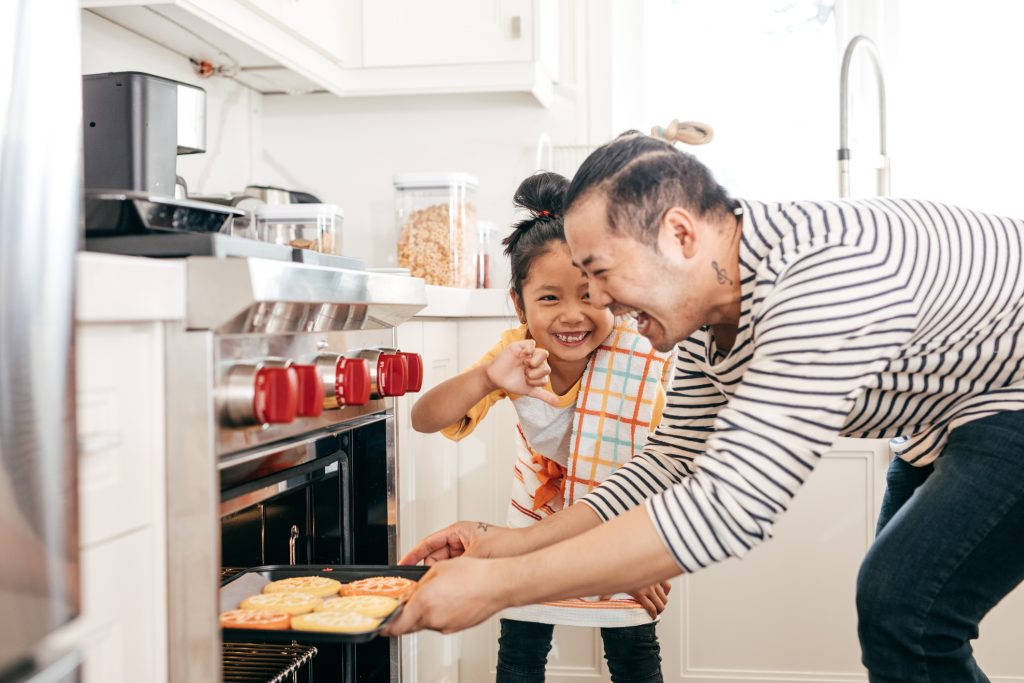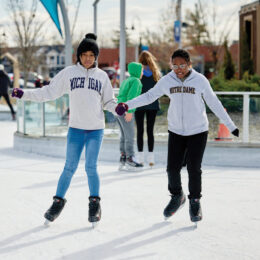
It’s hard enough to reign in the stress when you’ve got a house full of company to entertain and you’ve been slaving over a hot oven all day.
These 10 tips will help you keep your cool — at least in the kitchen.
Get up a little earlier
The house and the outdoor temperature usually are cooler in the morning than in the afternoon. The more cooking and baking you can do before noon, the more comfortable you’ll feel physically.
Open the windows
That will keep the air circulating, which will keep the kitchen cooler and help odors leave the house. For strong odors, turn on the vent over your stove, but turn it off once the odor subsides. Vent and exhaust fans suck heated air out of the house and waste it.
Turn the oven off
Baking heats up the kitchen like nothing else. Stagger baking times. Bake the pies in the early morning and then give the oven a break for a few hours before putting the turkey in.
Work ahead
Choose side dishes and desserts that you can start making a little at a time and then freeze them until the big day. That will make lighter work before the big day, keep your kitchen cooler and allow the chef to enjoy the holiday a bit more.
Invest in a pressure cooker
It’s one of the fastest ways to cook food.
Dust off your crockpot
Slow cookers don’t produce any heat. If you’re making chili, stew or meat for meals throughout the holiday season, throw the ingredients in and let the crockpot do all the work for you.
Put your other electric cooking appliances to work
An electric fry pan or grill cooks up side dishes and main courses quickly, which means they create heat for only short spurts.
If you’re replacing your stove anyway, invest in an induction cooktop
Its burners are so powerful and efficient that they cook your food with less heat and in less time.
Serve some cold dishes
Fruit cups and side salads don’t require any cooking.
Turn everything off when you’re not using it
Don’t leave the oven on after the pies are done just because you might be baking cookies in a couple of hours. Turn off anything that creates heat when it’s not in use — including the lights.



